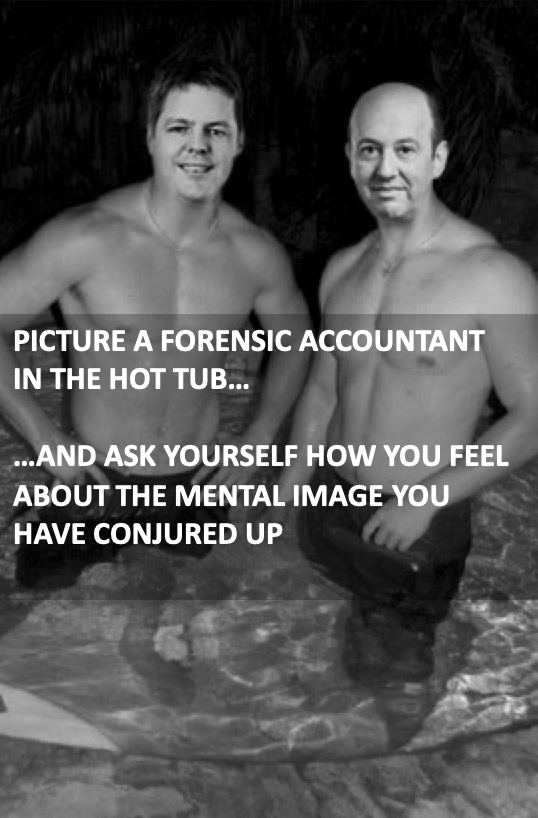Fancy a dip in the hot-tub? Roger Isaacs, Partner at Milsted Langdon reveals interesting aspects of forensic accounting
Concurrent expert evidence, informally known as "hot-tubbing", is the court process of calling expert witnesses to give evidence and be cross-examined concurrently. Roger Isaacs, from UK-based MGI Worldwide accountancy network member firm Milsted Langdon LLP speaks about his own experience.
What is “hot-tubbing”?
In a recent case in which Forensic Partner Roger Isaacs was giving evidence, the judge ordered that a procedure known as hot-tubbing should be adopted. Despite what the name suggests, the term has nothing to do with jacuzzies but actually refers to what is more formally known as witness conferencing. Typically, under English Law witnesses give their evidence one after the other. However, in hot-tubbing, all the experts of like discipline are sworn in together and are asked questions by the judge.
Cross-examination can be a daunting prospect for some but those who are likely to perform best in the hot-tub will need very particular character traits. The traditional scenario in which a barrister cross-examines a forensic accountant pits an expert in one discipline (law) against an expert in another (accountancy).
 There is therefore always the prospect that the accountant will be able to bamboozle whoever is cross-examining him or her. By contrast, in the hot-tub, accountant is pitted against accountant.
There is therefore always the prospect that the accountant will be able to bamboozle whoever is cross-examining him or her. By contrast, in the hot-tub, accountant is pitted against accountant.
By giving evidence simultaneously, direct comparisons will inevitably be drawn between two opposing experts and whichever is able to give the most cogent and convincing evidence is likely to overshadow his or her counterpart.
One of the aspects of traditional cross-examination that is highlighted by hot-tubbing is the fact that Counsel has to anticipate which issues are likely to be relevant to the judge and inevitably time will be spent dealing with matters on which the judge has either already been persuaded or which he considers irrelevant.
By contrast, allowing the judge to be the primary inquisitor means that he can “cut to the chase”. The effect is dramatic in terms of timing but the exceptional speed puts further pressure on experts who have far less thinking time in the hot tub than they would have if they were to face traditional cross-examination. That said, if the length of the trial can be reduced, that can have a significant impact on the costs which is good news for litigants.
For more information about hot-tubbing contact Roger Isaacs at [email protected] or visit Milsted Landon LLP's member profile page or their website.
MGI UK & Ireland is part of MGI Worldwide, a top 20 ranked international accounting network with some 5,400 independent auditors, accountants and tax experts in over 260 locations around the world.
